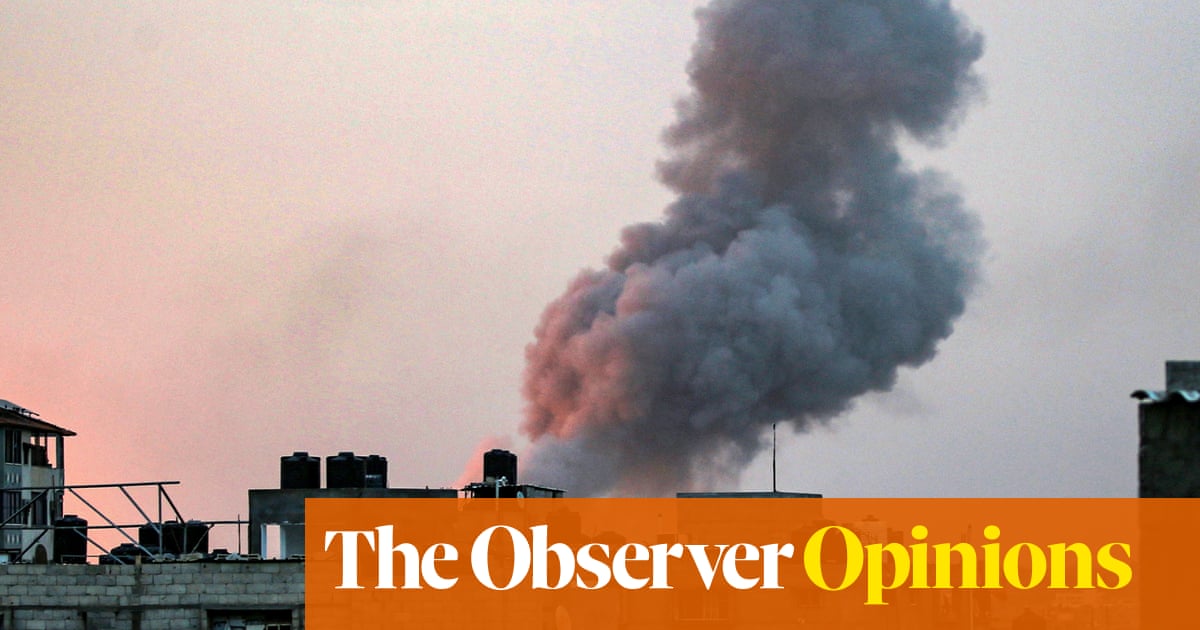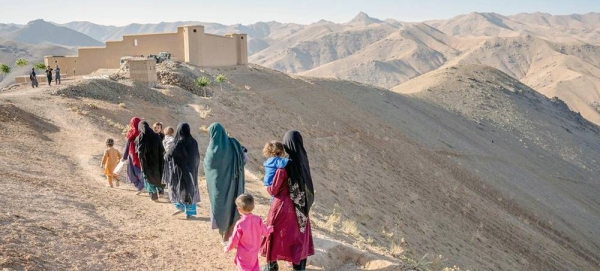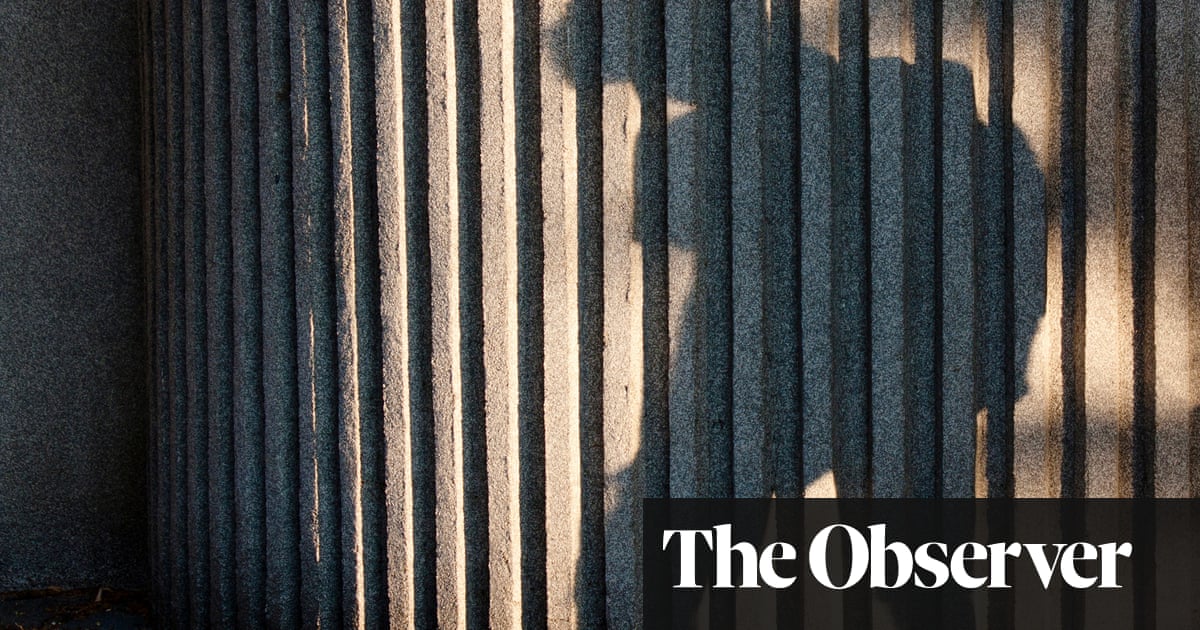
For Israel’s prime minister, Benjamin Netanyahu, the last week has perhaps been the worst since the Hamas attack on 7 October, six months ago, that triggered the current war in Gaza.
Protests against the longtime Israeli leader by hostage families and the opposition returned with a vengeance across the country as he spent two nights in hospital for hernia surgery. Then his major political rival, Benny Gantz, undermined the unity of the wartime government by calling for early elections; Netanyahu’s ultra-Orthodox coalition allies are already angry with him over a row regarding military conscription.
His initial, glib explanation for the drone killings of six foreign aid workers – “this happens in wartime’’ – was met with anger worldwide. And the week ended with a telling off from Joe Biden over the killings, which may even signal the beginning of the end of Israel’s offensive. Yet despite such immense domestic and international pressure, Bibi, as he is known, doesn’t appear to be going anywhere. He views staying in office as his best chance to beat corruption charges, which he denies.
“[Netanyahu’s] only goal is to buy time – in the trial, with the [conscription] law, with the hostage deal – with his final objective not being entirely clear,” an unnamed government official told the Israeli daily Haaretz last week. “Maybe he thinks that normalisation with Saudi Arabia will be his last hurrah, but that possibility is fading too.”
The latest polling by the Israeli Democracy Institute (IDI) found that 57% of voters rate Netanyahu’s performance as a wartime leader as “poor” or “very poor”; 51% want early elections, rather than waiting until autumn 2026.
“Netanyahu’s responsibility for what happened on 7 October is partial; his responsibility for what happened since that day is total,” wrote the Israeli columnist Nahum Barnea on Friday.
“He is responsible for the procrastination in everything relating to humanitarian aid; he is responsible for the premature halt to the rounds of talks to release the hostages; he is responsible for turning the conquest of Rafah into a fight that pitted Israel against the entire west and all the Sunni states, and he is responsible for the growing clash with the administration in the White House.”
Even if elections are held sooner than 2026, it’s not impossible that Netanyahu could again cobble together a coalition
Despite clear messages from the public and establishment alike that the 74-year-old Netanyahu must go, once and for all, his coalition remains stable. After four elections since 2019 in which voters were split over whether the scandal-plagued prime minister was fit to lead, a bloc of extremist and religious parties headed by Netanyahu’s conservative Likud party decisively won a fifth election in November 2022, going on to form the most rightwing administration in Israeli history.
For years he has pandered to the wishes of his ultra-Orthodox allies, increasing budgets for yeshivoth – seminaries where Haredi men study the Torah year-round – and putting off legal decisions on the community’s right to avoid military service, to the fury of the rest of Jewish Israeli society.
Even now, after last week’s order from the supreme court to end government subsidies for Haredi men who do not serve in the army, they are unlikely to desert him.
The Israeli media reported that the leaders of the two Haredi parties in the government told Netanyahu that they believe the timing of the issue shows that the supreme court, attorney general and some elements of the wartime unity cabinet, including Gantz and the defence minister, Yoav Gallant, are hoping to collapse the coalition and force elections.
More reckless are his newer, messianic far-right partners – finance minister Bezalel Smotrich and national security minister Itamar Ben-Gvir – who have made no secret of their desire for a full-scale holy war. But their threats to abandon the coalition – mostly in relation to compromises regarding the government’s now-paused judicial overhaul – have gone nowhere in the past.
Even if elections are held sooner than 2026, it is not impossible that Netanyahu could once again cobble together a coalition. No matter who leads Israel, support for the war in Gaza remains strong, and the next prime minister will not necessarily forge a different path.
A January poll of Jewish Israelis found 88% thought that the shocking death toll in Gaza – then 25,000 people – was justified, and a majority said the Israel Defense Forces were using either “adequate” or “too little” force. Another recent IDI poll found that two-thirds of Jewish Israelis were opposed to the establishment of an independent, demilitarised Palestinian state.
“A change of leadership won’t necessarily mean meaningful policy changes. If Benny Gantz, Israel’s former defence minister and IDF chief of the general staff, who is polling well against Netanyahu, were to become prime minister, it is unlikely that he would adopt policies regarding the Palestinians that are substantially different from Netanyahu’s,” Mairav Zonszein, a senior Israel analyst at the International Crisis Group thinktank, wrote in Foreign Policy magazine.












